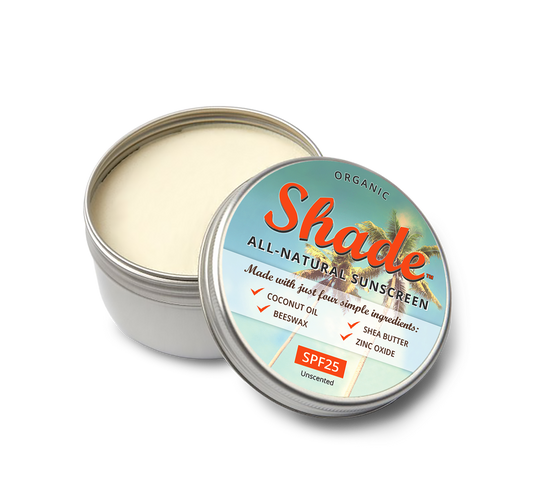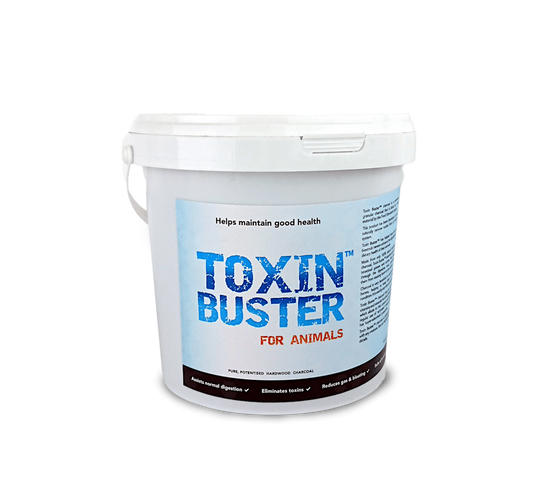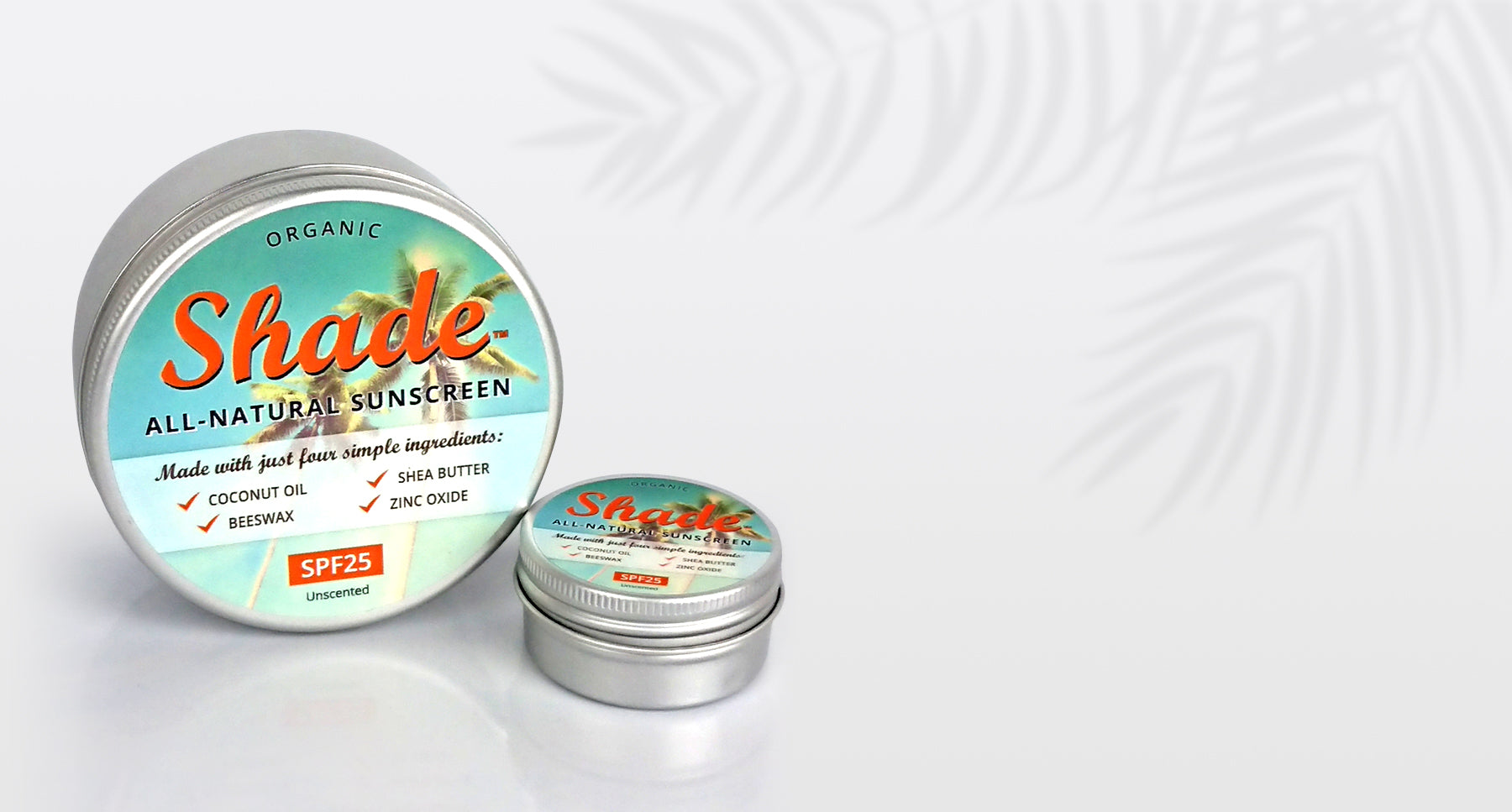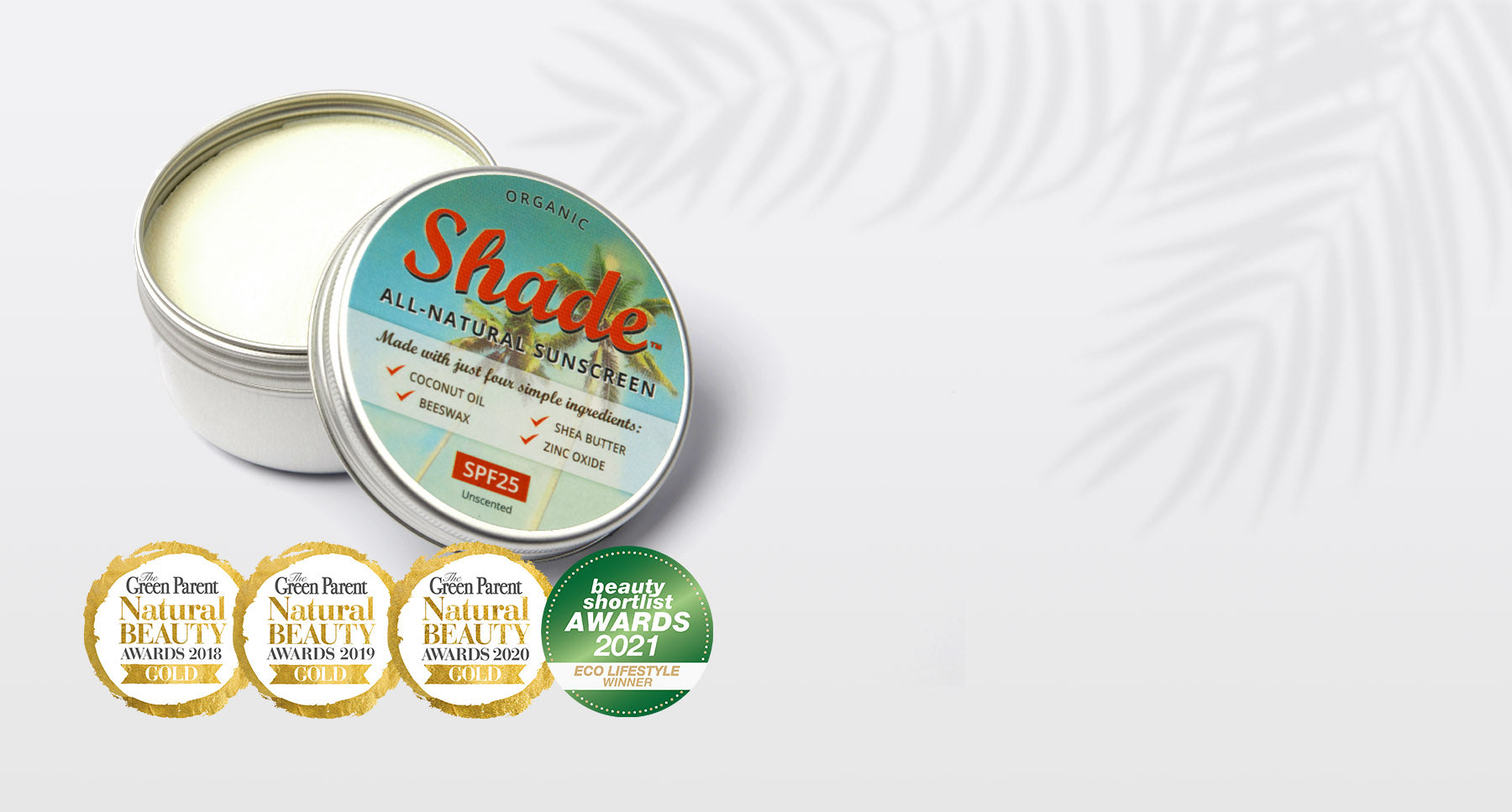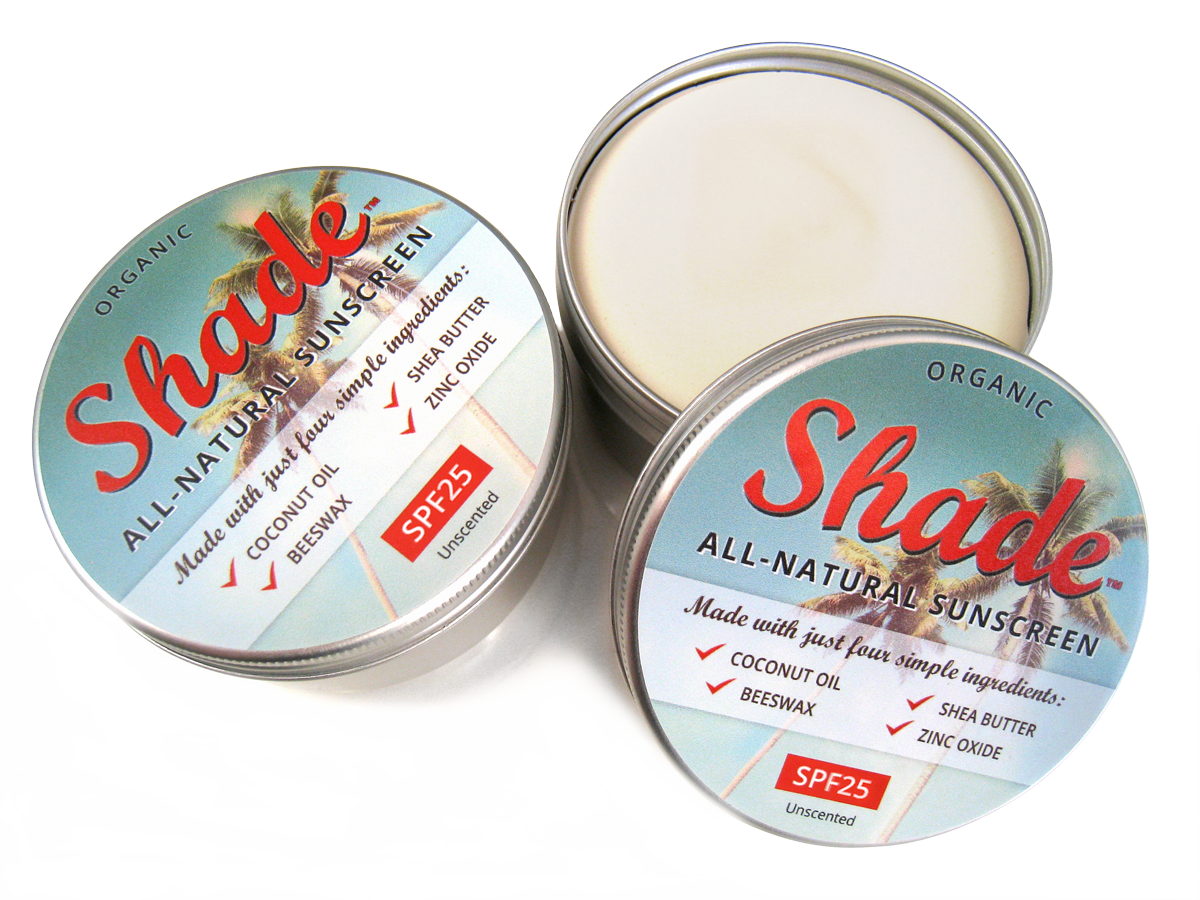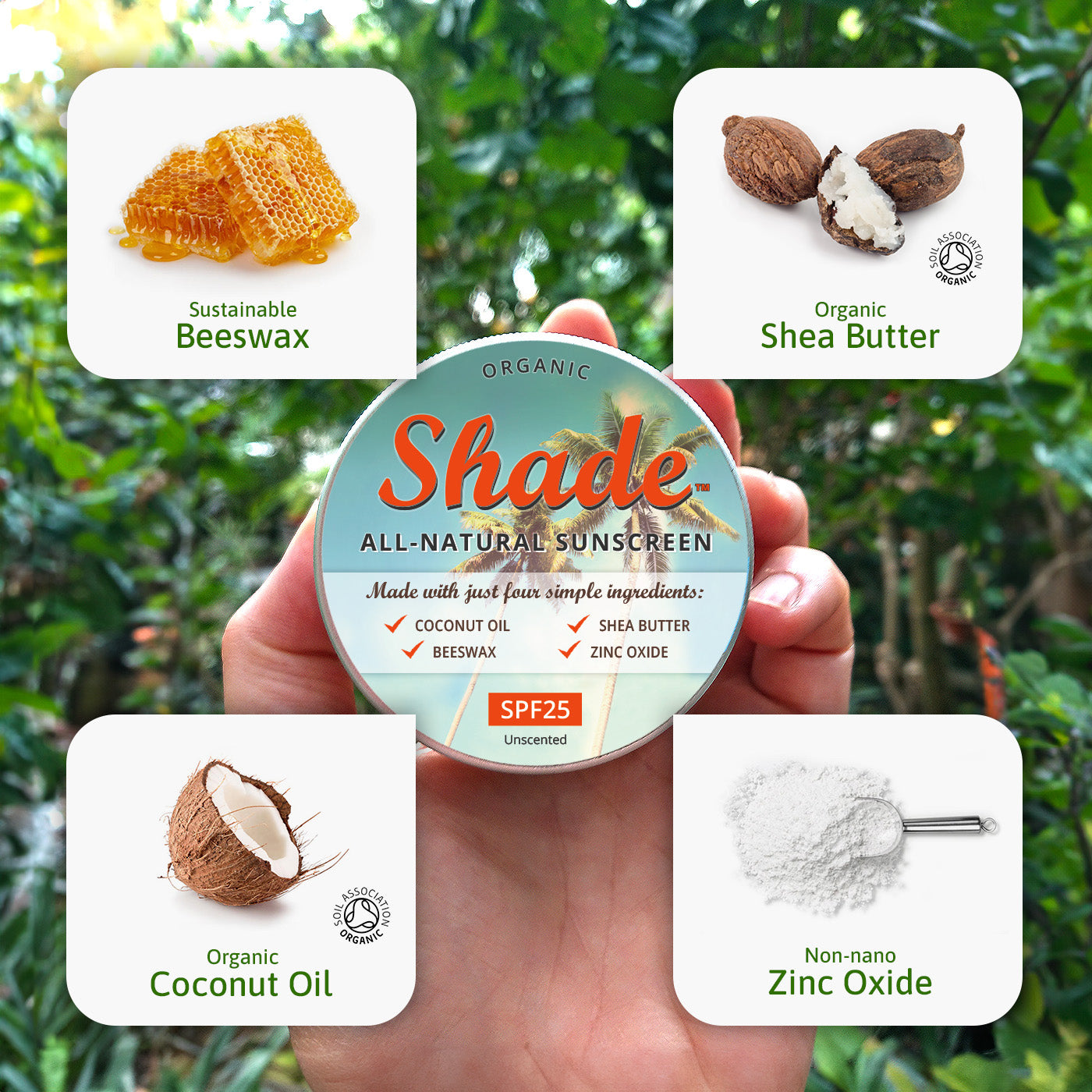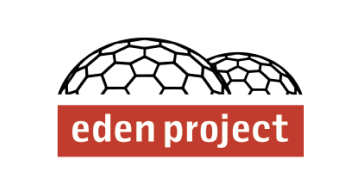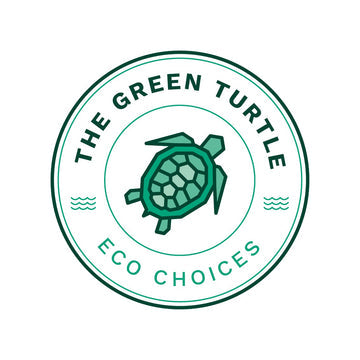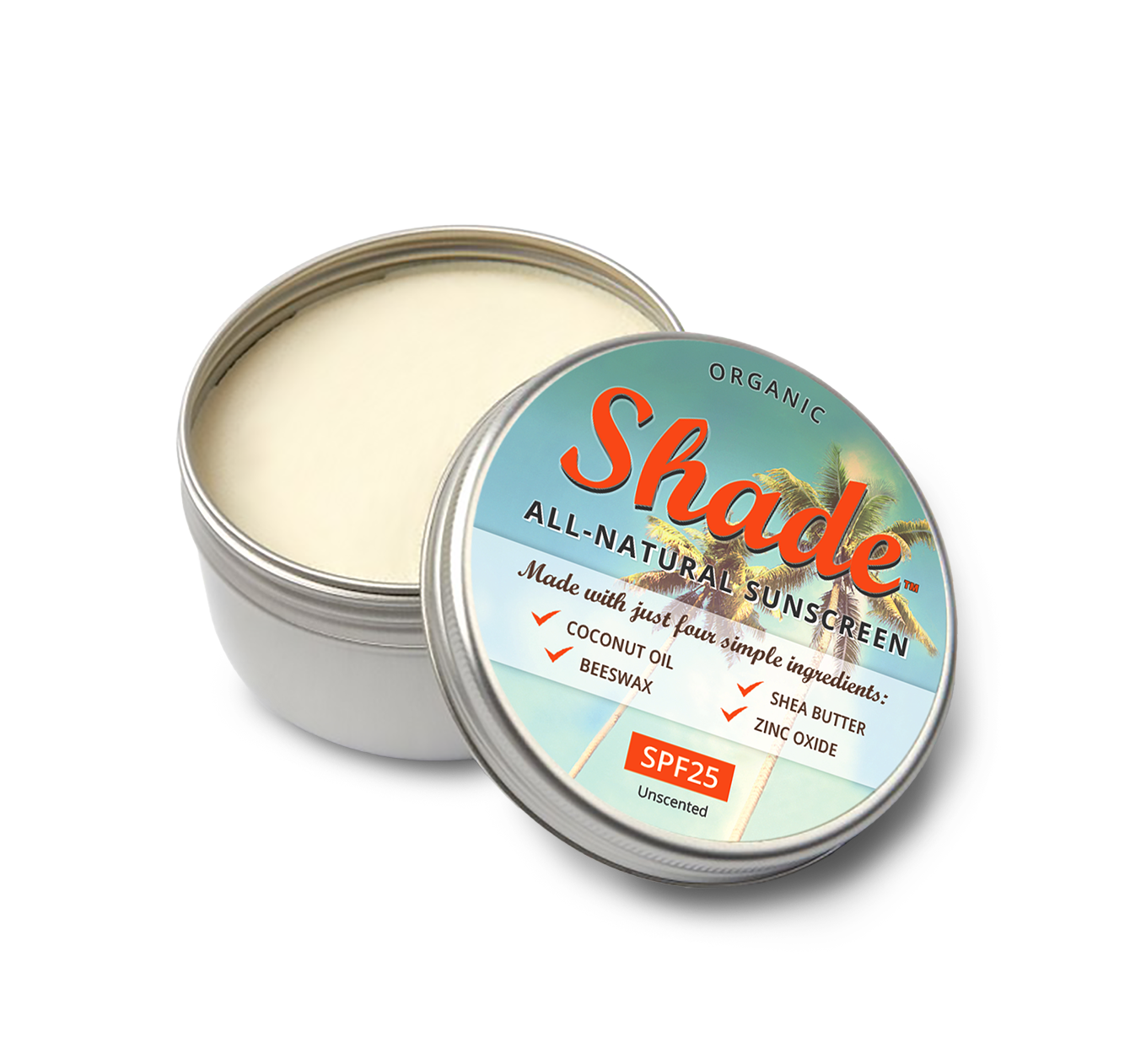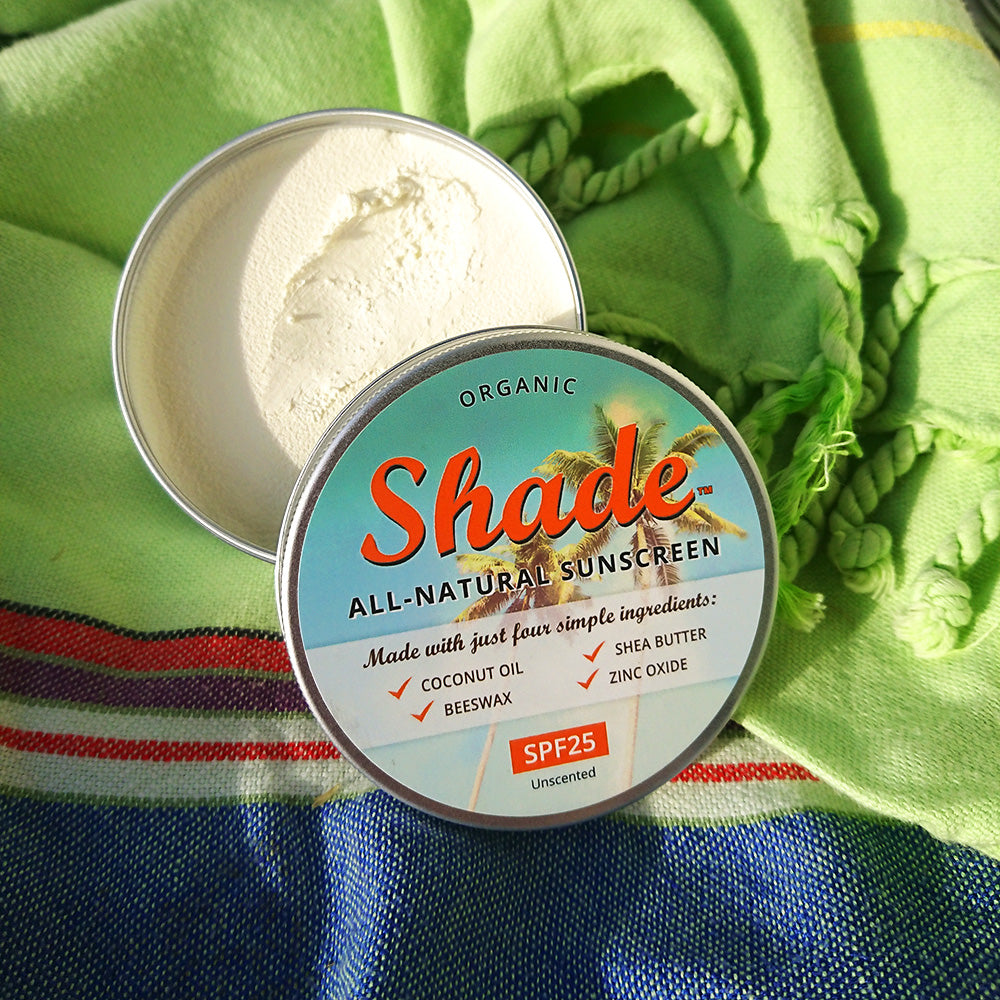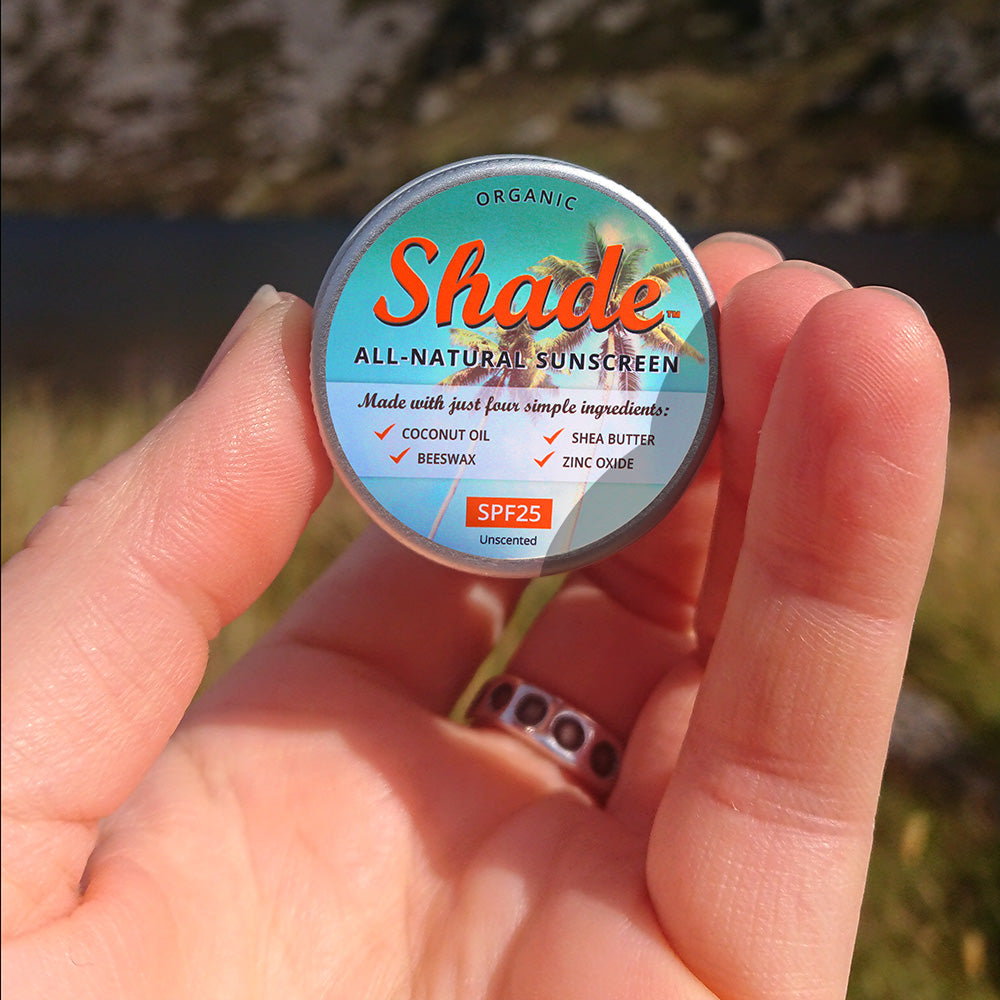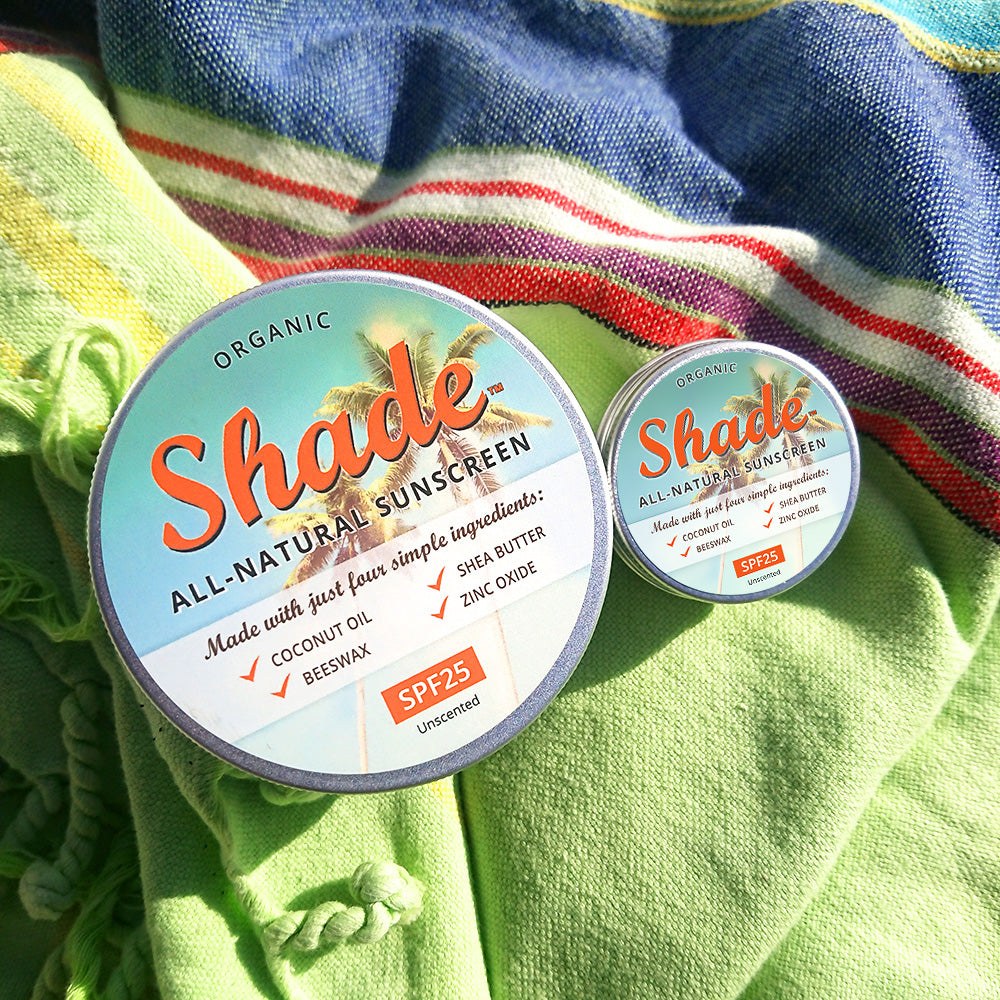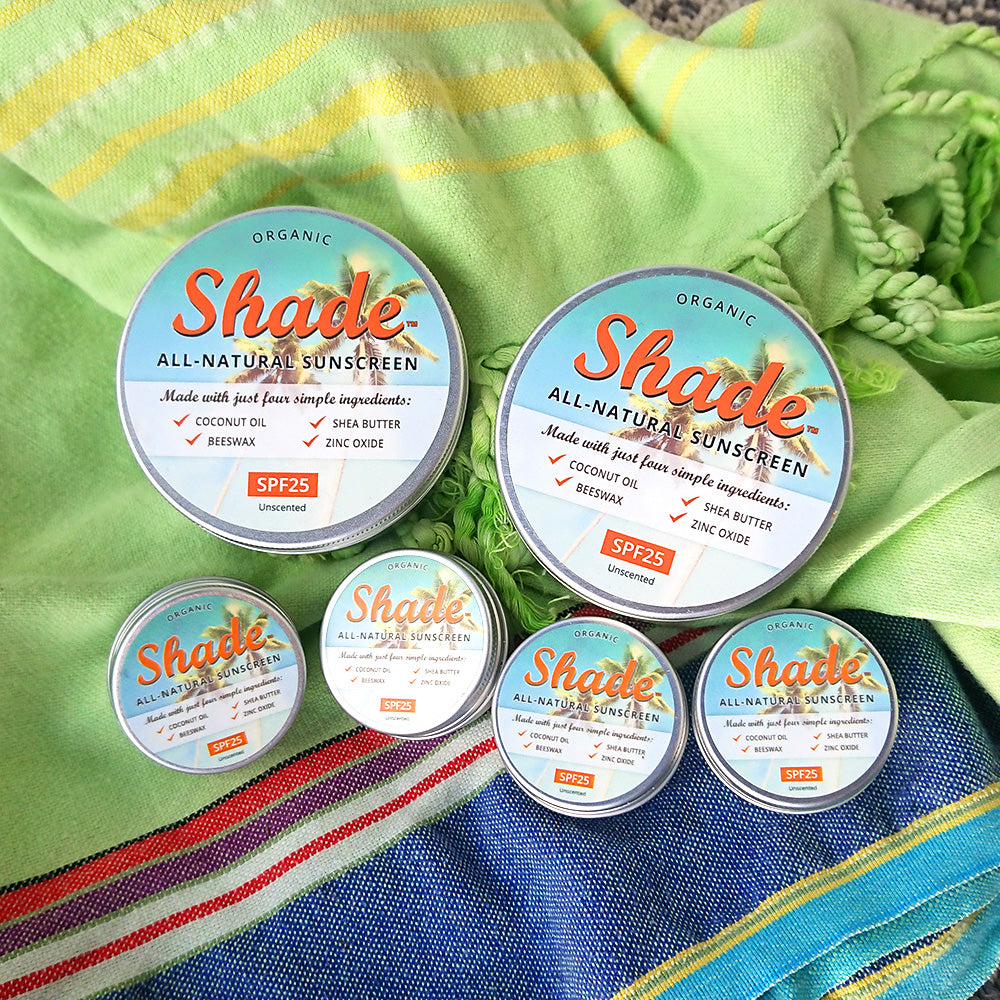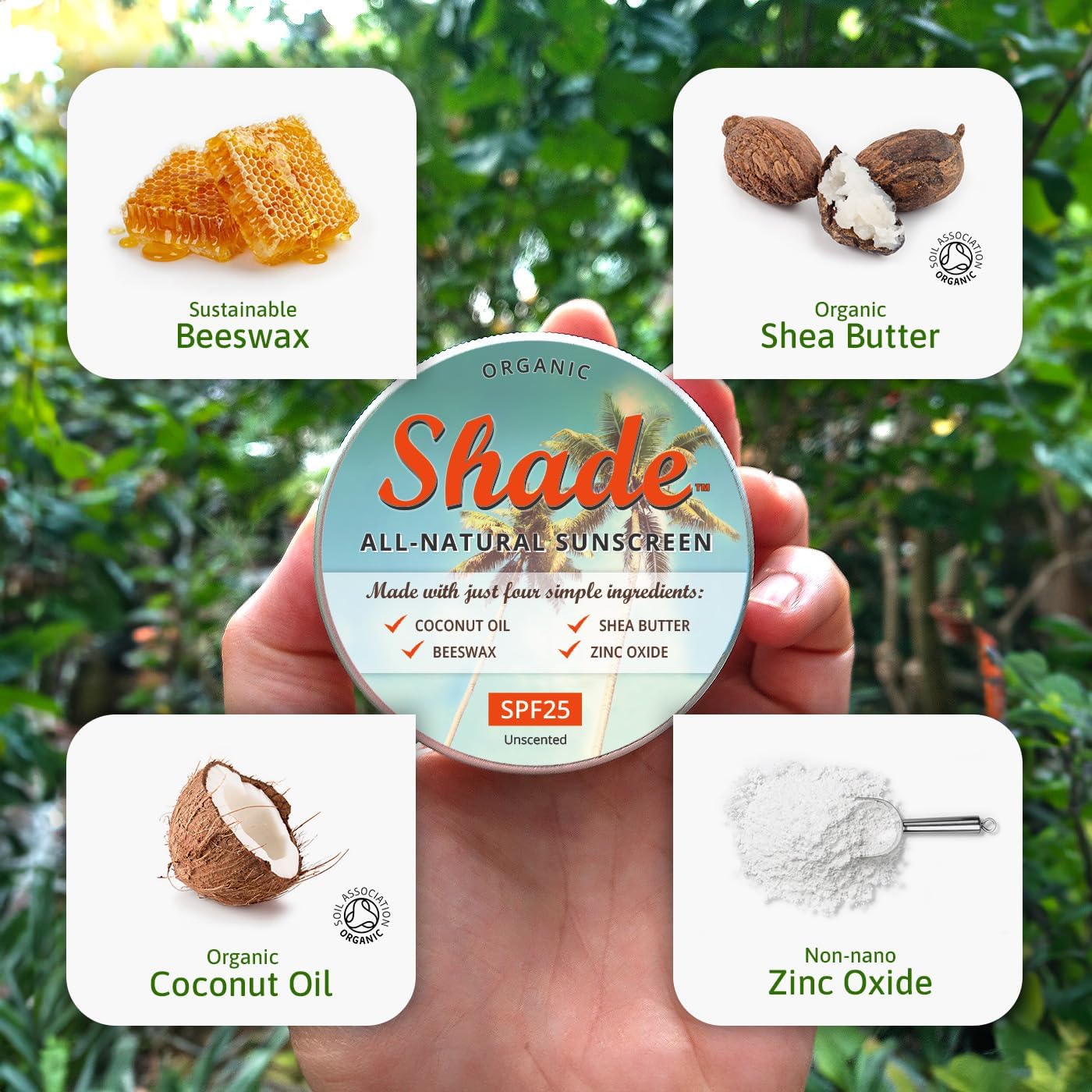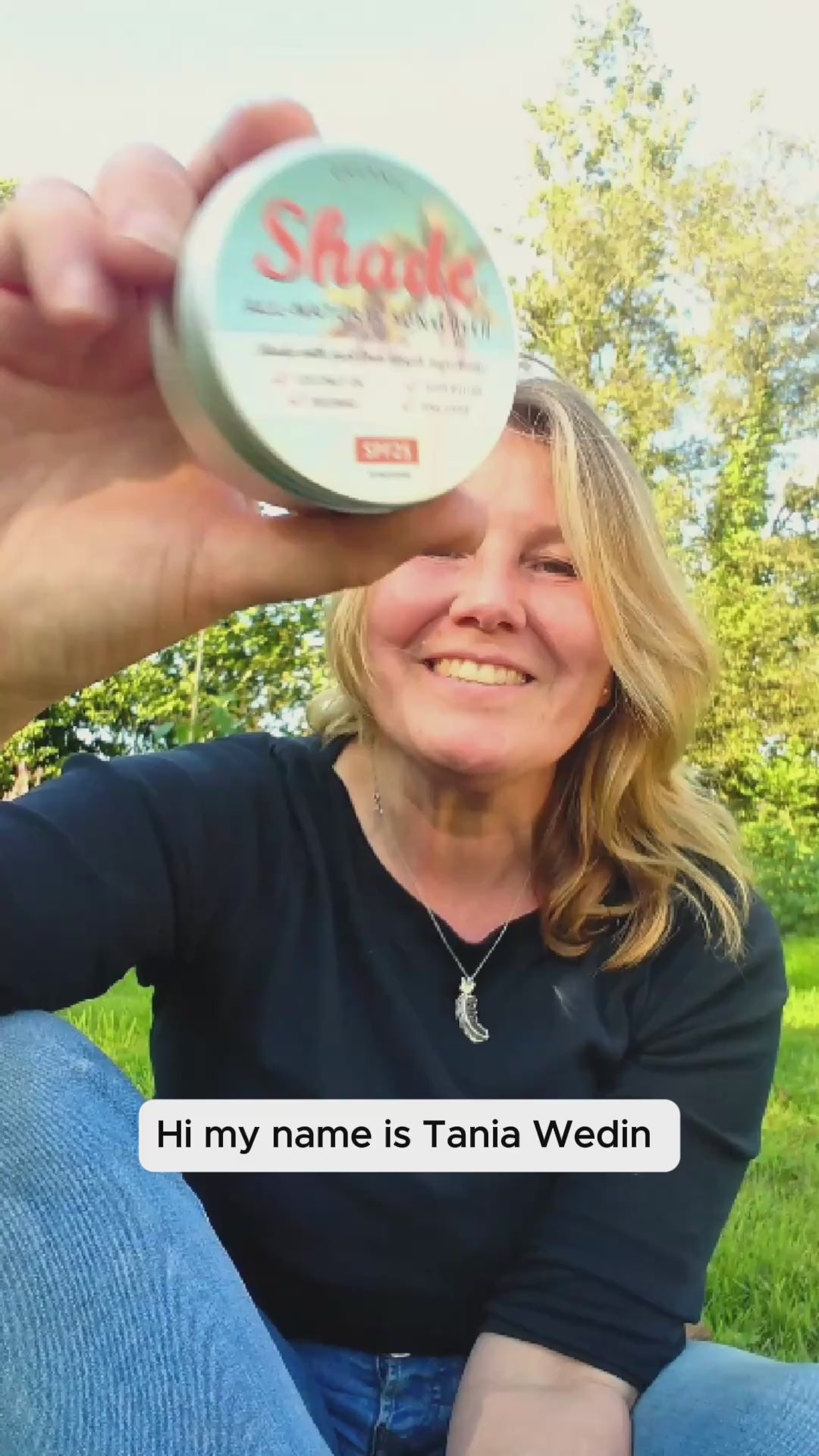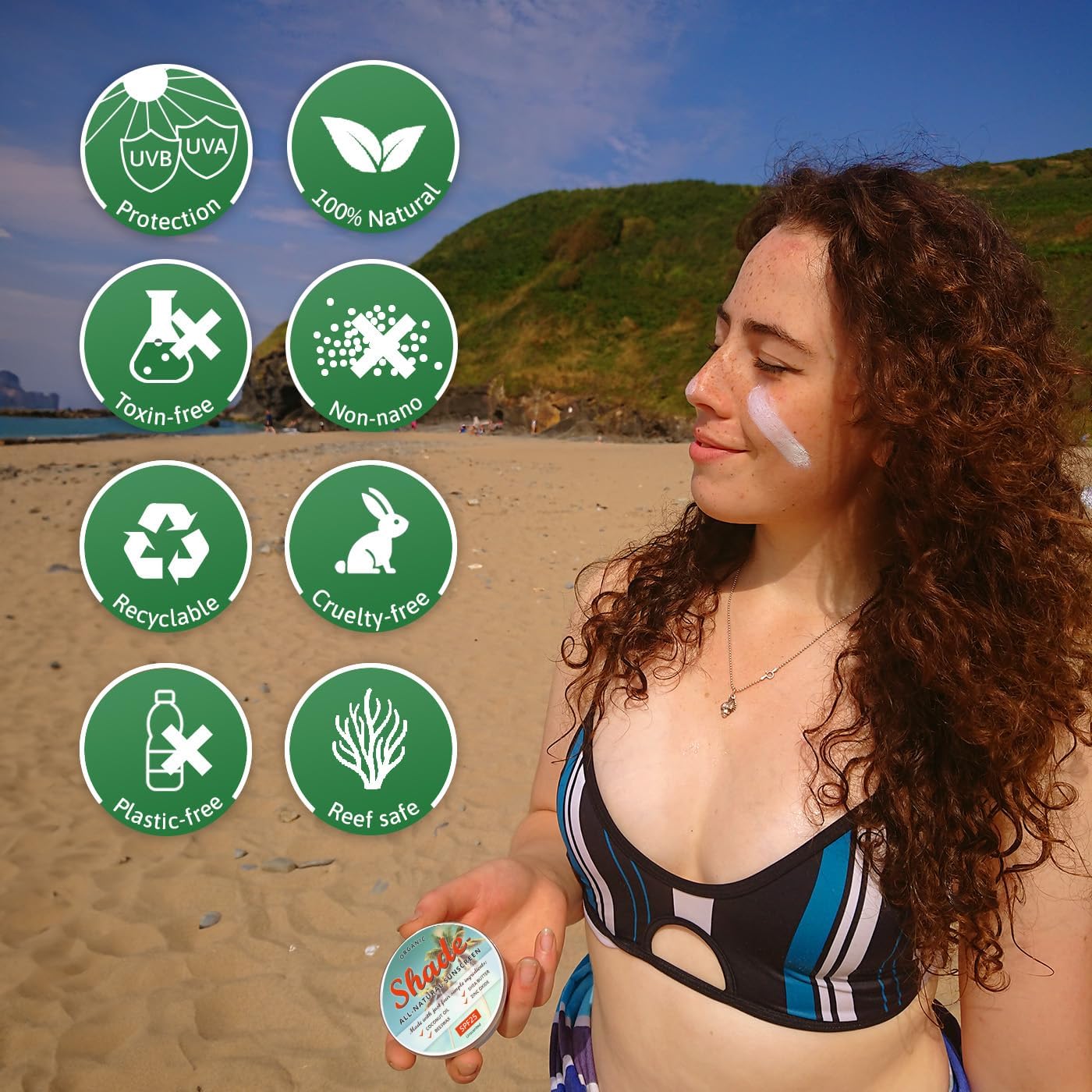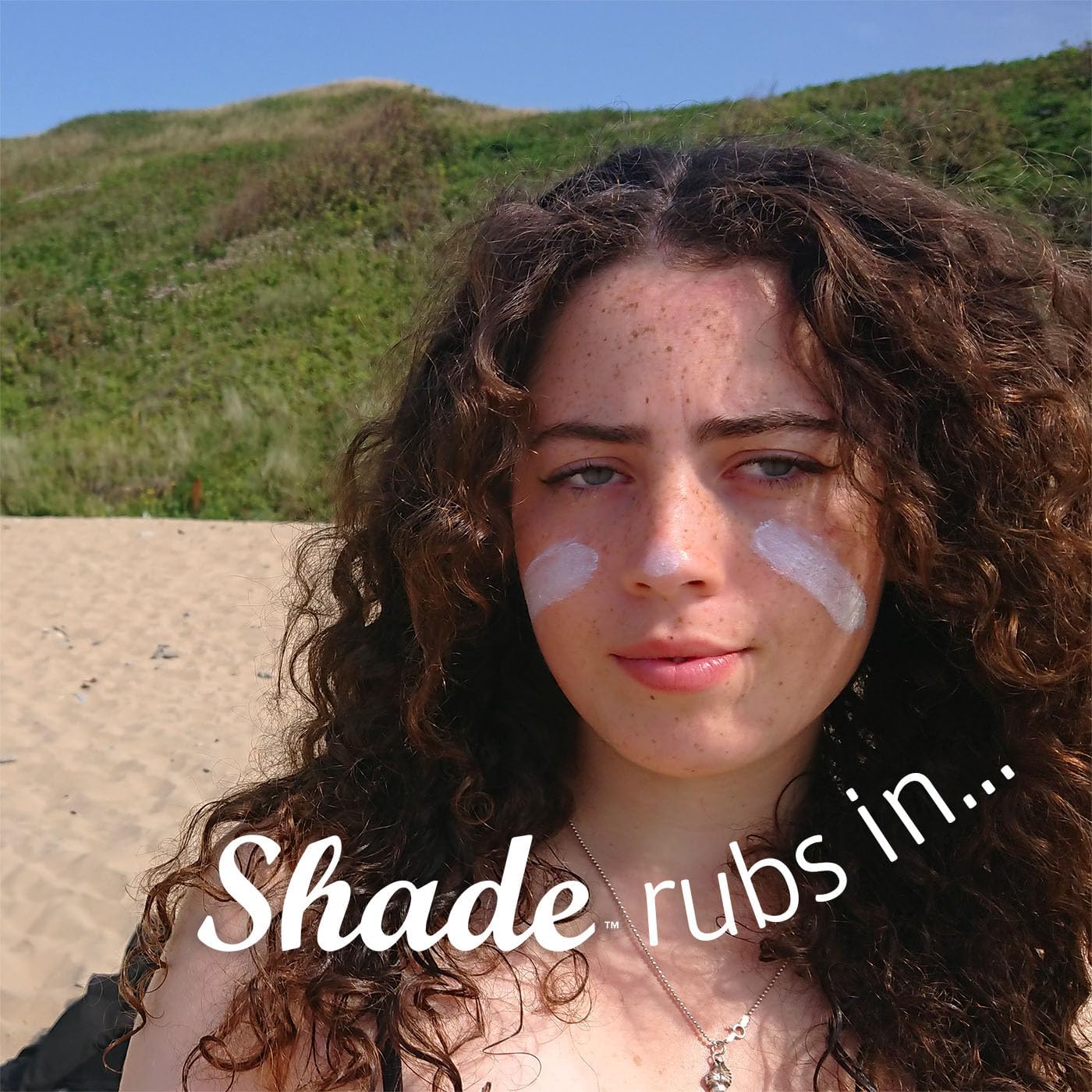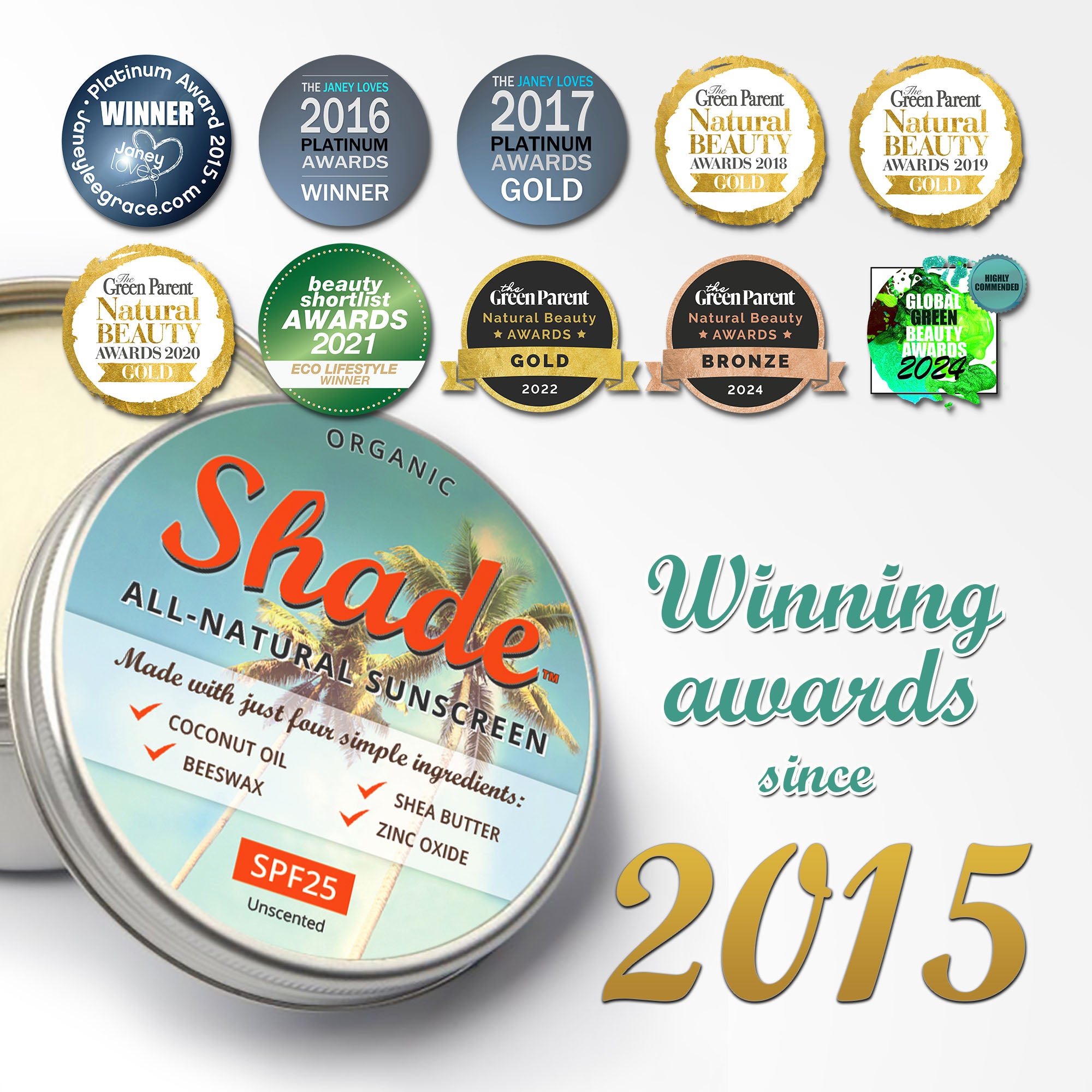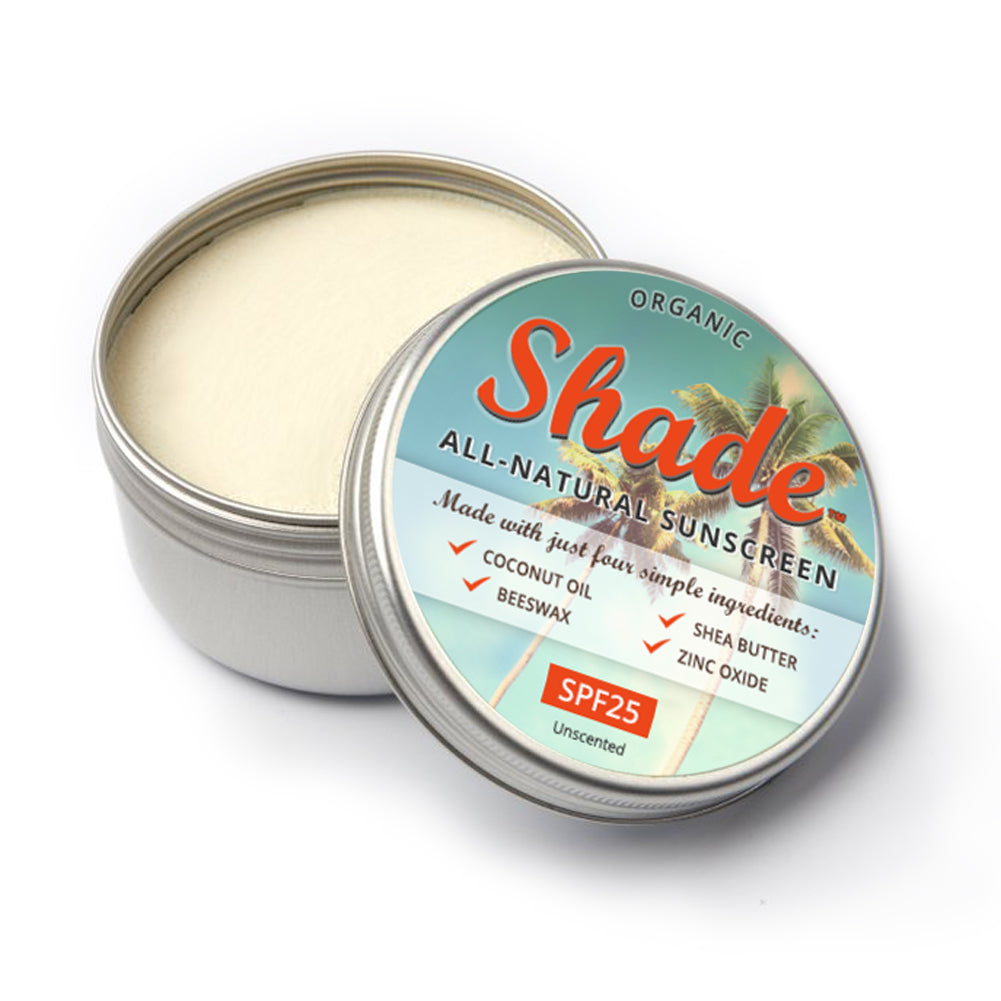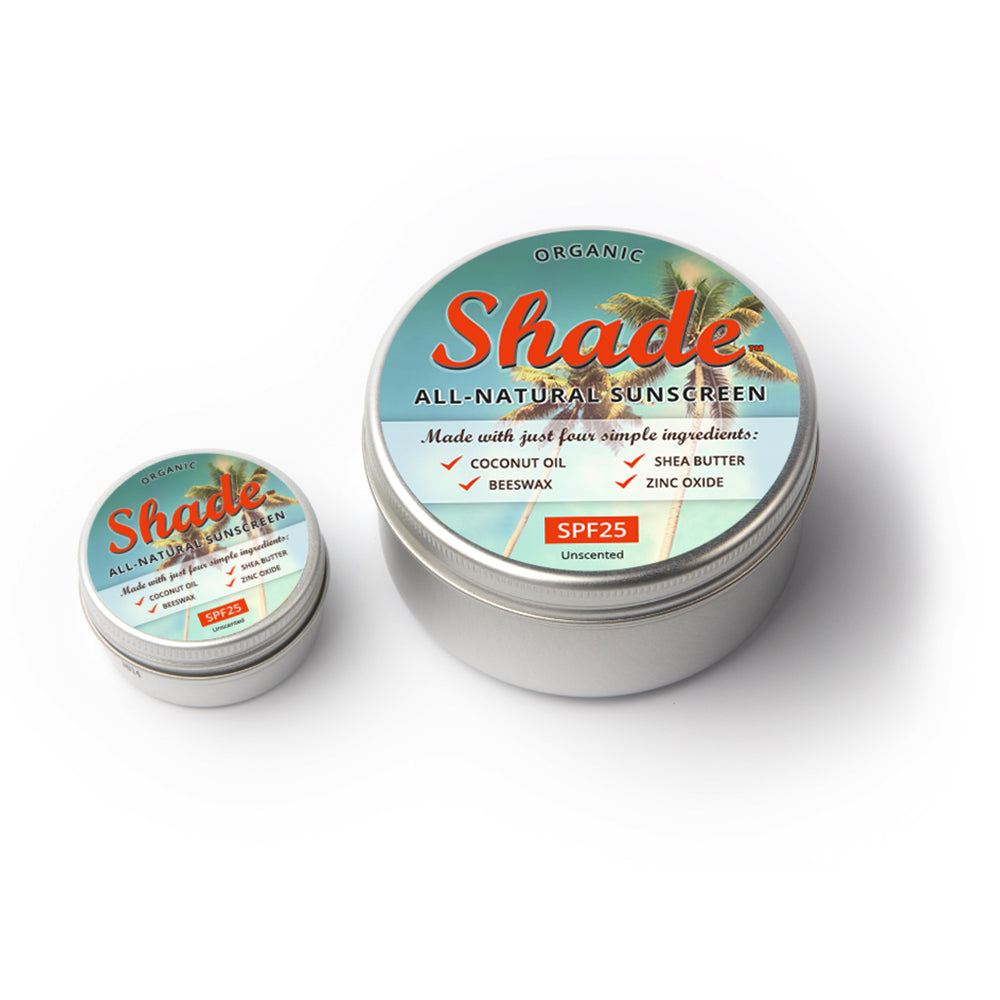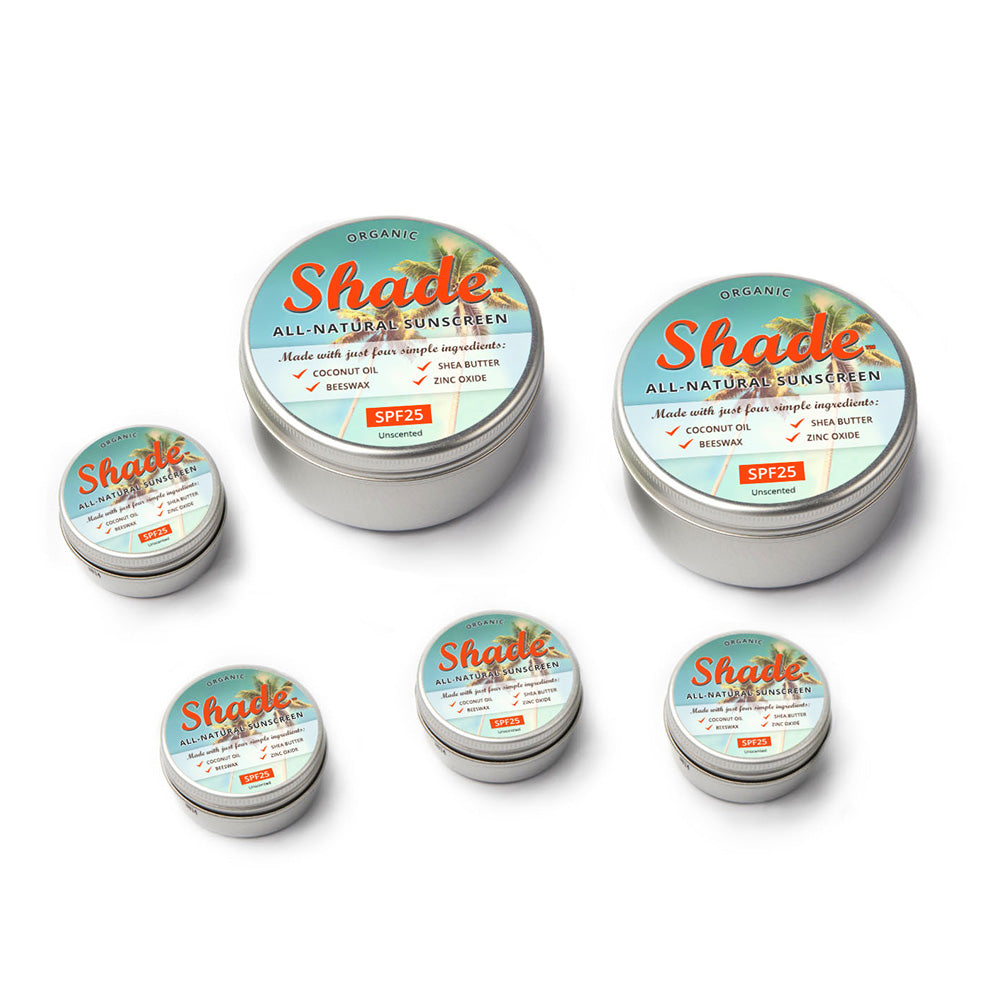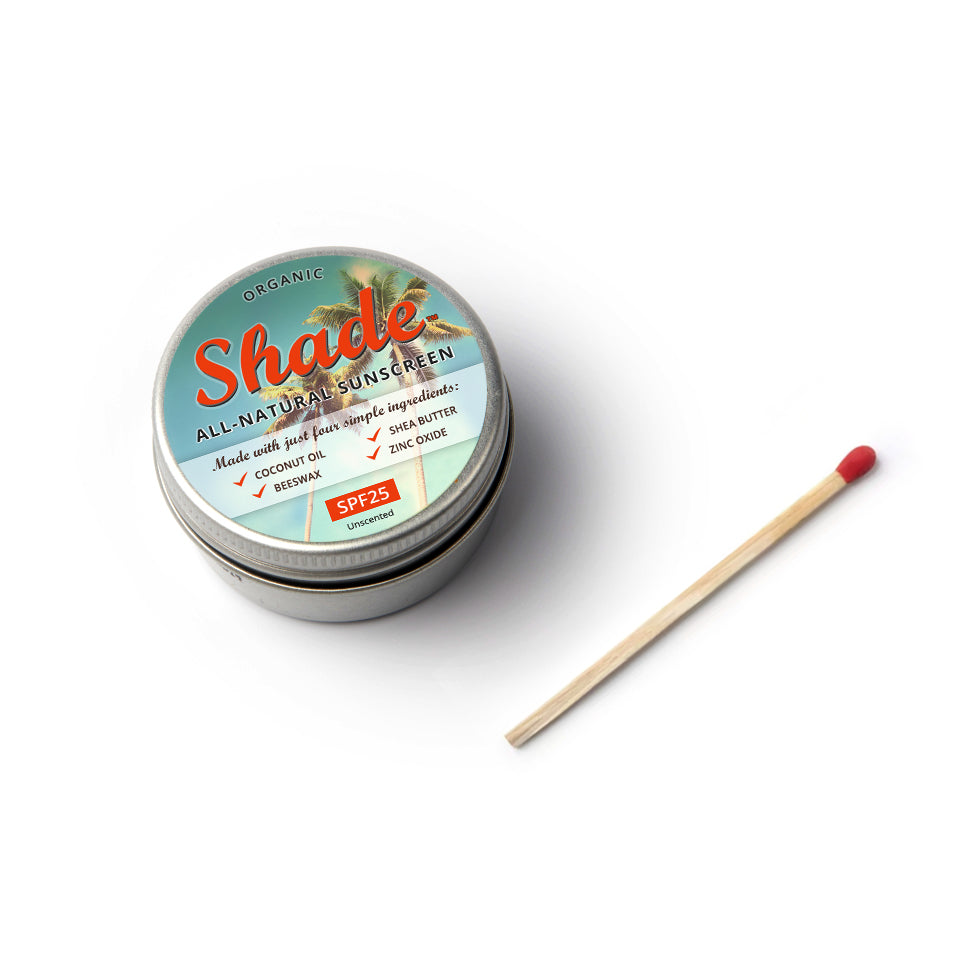Pure, Non-Activated Hardwood Charcoal for a daily digestive health rou
Naturally active hardwood charcoal bonds to toxins and intestinal gases in the gut, thus neutralising them, helping to (e.g.):
- calm and condition the gut and settle stomach upsets
- remove gas and bloating, wind and wind pain
- reduce bowel irritation and the frequency of headaches
- reduce acidity in the body and acid reflux
- help with arthritis and reduce aches and pains
- freshen the breath and improve the complexion
- improve sleep
Case histories and reported benefits
Although our charcoal is inert (being neither a medicine nor a dietary supplement), under the new medicine and dietary supplement regulations we are not permitted to share any but the vaguest case histories or anecdotal stories from our charcoal users with you. Suffice it to say that one or other of the improvements in symptoms listed above was claimed by people suffering from a wide range of complaints - from upset stomachs and colic to irritable bowel syndrome (IBS) and ulcerated colitis, and from diarrhea and acid reflux to arthritis and Crohn’s disease.
Customers have used non-scientific and non-quantative terms like "a God-send" and "miraculous" when reporting the benefits they have experienced.

Protecting us against our poisoned diet and environment
We believe our charcoal capsules to be one of the most useful digestive aids and daily use supplements on the market. As well as helping to mop up the 'mess' caused by the increasing levels of toxins in our environment (from, for example,
- the pesticide and fertiliser residues on the low-nutrition 'industrial foods'/'chemical foods' now sold in most supermarkets and shops
- the food additives, food preservatives, food colourings and taste enhancers (excitotoxins) routinely added to nearly all processed food
- the residues from food irradiation
- the antibiotics and other animal medicines routinely pumped into farm animals
- air pollution, including traffic and waste incineration (including hospital incinerators and crematoria)),
they reduce the risk of developing this 'mess' in the first place, by bonding with and rendering harmless many of these toxins as they enter the digestive tract through the mouth, from vaccines or directly through the skin.
Natural Hardwood charcoal capsules for a daily detox
Charcoal is widely acknowledged to be the best digestive aid for enhancing daily detoxification. Detoxification is a continuous biological process that prevents toxins (from infectious agents and our ever more polluted environment e.g. in our food, air and water) from destroying good health. Chronic exposure to toxins produces cellular damage, a diverse range of diseases, allergic reactions, intolerances, compromised immune systems and premature ageing.
To make daily detoxification part of your life we recommend taking three to four 250mg capsules with up to 500ml water last thing each night, or one capsule after food with a large glass of water. Our hardwood charcoal detoxifies the body in three ways:
- It purifies the six to eight litres of digestive fluids that are secreted daily, which in turn helps remove foreign substances from the blood
- It bonds with and neutralises the toxins and their metabolites. These are then excreted into the small intestine from the biliary (bile) tract, preventing their reabsorption into the body
- It bonds with and neutralises any drugs that diffuse back into the stomach and the intestines
Hardwood charcoal for candida and other intestinal yeasts
Our naturally active hardwood charcoal capsules can help in the treatment of Candida albicans infections. It bonds with many of the toxins that Candida produces that would otherwise be absorbed by the blood and carried throughout the body. These toxins produce damaging changes in tissues and the function of body organs and the immune function. Toxins produced by Candida albicans can also trigger allergic reactions.
Our naturally active hardwood charcoal capsules also helps in the treatment of Candida by counteracting the 'Herxheimer Reaction' - a severe, short-term exacerbation of Candida symptoms caused by the copious amount of toxins produced by dying yeast cells as a result of a successful treatment. This is extremely important because the 'Herxheimer Reaction' can often be so unpleasant that patients abandon treatment before completion. Anything which helps patients stay the course is invaluable.
Our hardwood charcoal capsules can also inhibit the growth of other intestinal yeasts.
Vegetarian and vegan
These capsules are suitable for vegetarians and vegans. They contain 100% pure ‘naturally active hardwood charcoal’. There are no binders, fillers or additives.
The capsules themselves are made of 100% potato starch.
Dosage
Three to four capsules taken with water at night. Taking your charcoal capsules last thing at night is a good idea for two reasons:
- The capsules work best when given as clear a field as possible both in terms of incoming food and digestive activity
- These charcoal capsules is such a powerful bonding agent that it can bond with and neutralise the beneficial active agents in medications. It is best taken as long after (and at least two hours after or before) taking any medication or drug
Charcoal protects against ageing and promotes longer life - at least for older rats
Respected Russian gerontologist Dr. V.V. Frolkis and his colleagues discovered that 'activated charcoal' (see below) protected against ageing and promoted longer life in laboratory rats. Although the rat body and the way it behaves is not the same as the human body, it is very close. There is a strong chance that something which does good or bad to a rat will do the same good or bad to a human (to a greater or lesser extent) but this must always be checked exhaustively, using both human cells and live human subjects, before unleashing the new drug/procedure on the public.
Frolkis and colleagues found that adding 'activated charcoal' (see below) to the diets of the rats increased the mean lifespan of the older rats by approximately 50% and their maximum lifespan by approximately 34%. It also appeared to:
- decrease the age-related increase in the brain's sensitivity to drugs and toxins
- keep cholesterol levels and lipid metabolism under proper control
- improve the functioning of the liver, kidneys and adrenals), leading to better defence mechanisms against disease
- prevent many cellular changes associated with ageing (decreased protein synthesis, lower RNA activity, atherosclerosis and organ fibrosis)
All of which added up to longer life and improved overall health.
The recommended human dosage for anti-ageing and life extension benefits is the same as for daily detoxification: three to four 250mg capsules with water last thing each night.
Here are two extracts from the study's write up:
- "The effect of repeated courses of enterosorption (the binding and neutralising of substances from the gastro-intestinal tract) upon the mean and maximal lifespan and some functional and metabolic indices was determined in 28-month old Wistar rats. Significant increase of mean and maximal lifespan of old rats was noted at certain regimens of enterosorption. The experimental animals demonstrated less marked age-related structural and ultrastructural changes in the liver, kidneys, myocardium, intestines, pancreas, as compared with control animals. Enterosorption leads to a reduction of pentobarbital-induced sleep, decrease of content of cytochrome P-450, blood cholesterol and triglyglycerides, cardiac and cerebral tissue cholesterol, total lipids, liver cholesterol and triglycerides. Enterosorption was found to increase the RNA and protein biosynthesis in the liver, kidneys and adrenals of old animals."
- "Thus, the data presented suggests that the enterosorption has a potent effect upon an aging organism. This notion can be supported by the enterosorption-induced changes in lifespan prolongation, structural and ultrastructural changes, shifts in protein, and RNA biosynthesis and in lipid metabolism, in the content of microsomal enzymes, and so forth. This work substantiates the need for a further search for regimens of enterosorption, and combination of it with other effects, aimed at lifespan prolongation. Currently, the question remains whether the described enterosorption effects are related with the sorption of the known or supposed metabolites, or with the changes in the content of some physiologically active substances and subsequent regulatory transformations, or with both. The main thing is the experiments with enterosorption persuade that altering the humoral environment of an organism may affect the rate of aging, the biological age of animals, and thus their lifespan."
Our charcoal capsules are a digestive and daily detox aid, not a medicine or dietary supplement
Just for the record, the naturally active hardwood charcoal in our capsules:
- has, of itself, no medicinal properties since it is completely inert, sterile and indigestible. It is not a medicine, but simply bonds with toxins to neutralise them, then travels with them out of the system. Just as ...
- glasses help focus poor eyesight but have no medicinal properties themselves, and
- walking sticks help people walk but have no medicinal properties themselves
... so the capsules help you reduce symptoms or avoid illness but have no medicinal properties themselves
- is considered a passive substance by the BHRA
Charcoal:
- is rated as a Category I (safe and effective) by the US Food and Drink Administration for treating acute toxic poisoning, and is used as such in both the US and UK
- has not been reported to be allergenic
Our charcoal capsules are manufactured to AIB International GMP food safety standards
Activated charcoal
Activated Charcoal is a highly adsorbent gritty black microscopic dust that is produced by:
- carbonising organic matter in a kiln at extremely high temperatures (around 1,000 degrees centigrade) and under anaerobic conditions. Usually bone char, coconut shells, peat, coal, petroleum coke or sawdust is the cheap organic matter used
- removing impurities (and probably other things - some beneficial) from the dust with acid-washing
- oxygenating the dust with gases like steam or air, again at very high temperatures. This enhances charcoal's natural internal network of very fine crevasses, cracks, tunnels and pores, making 'active charcoal' an even more powerful bonding agent than ordinary charcoal
None of these processes are used when making the naturally active hardwood charcoal in our capsules. The developers of charcoal fear that the 'nuking' of organic material involved in producing 'activated charcoal' may have rendered it a material that the human body has not evolved to process. While accepting that 'activated charcoal' plays a valuable role in relatively short-term, perhaps emergency, medical treatment (like quickly neutralising poisons and drug overdoses)
We believe that 'activated charcoal' is not suitable for longer term use, because:
- insufficient is known about the long-term use of 'activated charcoal' on the human body
- Whereas mammals, including humans, have evolved with and eaten naturally active charcoal as an aid to good digestion over many thousands of years, ‘activated charcoal’, is a modern invention with very different properties. They are not the same product
Furthermore, when you buy 'activated charcoal' you need to check very carefully what you are buying:
- 'Activated charcoal' from coconut shells, for instance, has greater density, smaller pore diameter, higher hardness, lower ash level and higher activity level than 'activated charcoal' from animal bone
- The lower the pore diameter, the higher the internal volumes (surface area), the higher its adsorption capacity. The United States Pharmacopoeia (USP) standard for 'activated charcoal' specifies a minimum internal surface area of 1,000 square meters per gram (m2/g)
- There are 'activated charcoals' and, thanks to recent developments in the technology, 'super activated charcoals'. 'Super activated charcoals' can have up to three times the pore diameter/internal surface area per gram (so up to a threefold greater bonding and neutralising power) than standard 'activated charcoal'. If you find that you have purchased a 'super activated charcoal', make sure you use proportionately less!
- Commercially available 'activated charcoal' products usually contain additives, some unwelcome. For instance, to form pellets of' activated charcoal, binders like icing sugar, gum tragacanth and aspartame need to be added. These may inhibit the bonding and neutralising power of the charcoal
A brief history of our charcoal capsules
Our charcoal capsules were originally developed to treat intestinal problems in horses, then extended to farm animals and dogs. Impressed by the results, some of the animals' owners wondered whether it could help them too. Again, many positive results, with the only comment that the un-encapsulated animal version was a bit difficult to take. Our capsules were born. You can find the animal version here.
Why hardwood charcoal?
Our capsules use hardwood charcoal because, we consider hardwood charcoal to be a more effective digestive and daily detoxification aid than charcoal made from other organic matter, e.g. softwood, bone or coconut shell. Our charcoal capsules contain 100% pure ‘naturally active charcoal’ made from hardwood trees grown in sustainable woodlands. They contain no fillers, binders or additives whatsoever, to eliminate the slightest possibility of inhibiting its beneficial effects.
Naturally active charcoal - surface area
Naturally active charcoal is riddled with a network of crevasses, cracks, tunnels and pores - so much so that the combined surface area of one cubic centimetre of naturally active charcoal would ‘unfold’ into a microscopically thin sheet with a surface area of around 500–1,000 square metres! This tremendous surface area adsorbs (coats and encapsulates) and thus neutralises a huge range of bad bacteria and toxins, making charcoal the undisputed champion of detoxifiers. Naturally active charcoal is particularly powerful at bonding with poisons and can remove them from the body.
IMPORTANT!
Naturally active charcoal does not remove (chelate) vitamins and minerals from the body. In fact, field experience has shown that, because it neutralises and removes toxins and excess gases, naturally active charcoal improves the body’s uptake of nutrients from food, enabling mammals (including humans) having trouble getting the goodness out of their food to gain weight and improve condition. David Cooney, an eminent charcoal expert at the University of Wyoming (US) has shown that charcoal has a high bonding and neutralising capacity for phenols but less so for proteins.
A brief history of charcoal
Charcoal, a naturally active bonding and neutralising agent, has a long history of use as an antidote to poisons. Historical records of its use in these areas and others back to as early as 1500 BC in Egypt. Both Hippocrates (circa 400 BC) and Pliny (AD 50) recorded the use of charcoal in a wide range of applications. The principal uses were to bond to and neutralise (i) unpleasant odours in general and (ii) gas and smells from within the human intestinal tract.
The use of charcoal for the treatment of gas pains was practised by indigenous tribes in the Americas long before Europeans set foot on that continent.
Homeopaths worldwide have used charcoal for more than 200 years. Both bone charcoal and wood charcoal were included in the first homoeopathic pharmacopoeia of the United States, with the note that these substances have “marked adsorptive power of gases.” During the last 100 years, however, and in the face of the phenomenal rise of the pharmaceutical industry, charcoal fell into general disuse. Its powerful and beneficial properties have only recently been rediscovered.
‘Activated’ charcoal (also known as 'medicinal charcoal' or 'industrial charcoal') charcoal is a new chemical compound to mammals and our civilization. It was created initially for industrial uses. Commercial production of powdered 'activated charcoal' began in Europe in the early 19th century, when it was widely used in the sugar industry.
It is made from charcoal which has been subjected to the man-made processes of steam and/ or acid washing at extremely high temperature to produce a super bonding and neutralising form. The use of 'activated charcoal' in other applications spread rapidly when it was accidentally discovered in the early part of the 20th century that it was effective in de--colourising liquids. The discovery triggered industrial-scale production began, yielding other super bonding and neutralising forms such as PAC (powered activated carbon) and GAC (granular activated carbon).
Other mammals and charcoal
Many mammal species actively seek out and consume small amounts of charcoal. The red colobus monkeys on Zanzibar Island (Tanzania), for instance favour the leaves of the exotic Indian almond and mango trees, because they contain high levels of protein. Sadly, the leaves also contain secondary compounds called phenols, which interfere with the monkey’s digestion. To remedy this the monkeys also gnaw the charcoal on charred stumps, logs and branches and scavenge any waste charcoal around human-made kilns.
When writing up this piece of research, anthropologist Thomas Struhsaker of Duke University noted that the monkeys “really value the charcoal. Bigger monkeys try to take the charcoal away from smaller ones. And they come down from the trees to grab pieces much bigger than they can possibly eat, carrying it off with two hands."
If you have any questions not answered here about Toxin Buster™, please contact us.
Now listed as 'Pure, Non-Activated Hardwood Charcoal', formerly Toxin Buster™, is manufactured in the UK for Not the Norm Ltd
Why Shade?
Shade™ is a mineral based broad spectrum sunscreen for every body - even those of you who are unable to use any other sunscreens.
There are no toxic chemicals, no unnecessary fragrances, no liquid polymers or microplastics that could damage your health or the environment!
Carefully selected ingredients
We use our favourite sustainable Coconoil™ unrefined virgin organic Coconut Oil which is also Soil Association certified.
Widely acknowledged as offering the safest, broadest-spectrum sun protection possible, we have used a pharmaceutical grade uncoated, non-Nano Zinc Oxide, which also has a cooling, slightly astringent, antiseptic, antibacterial and protective action on the skin, making Shade™ a perfect aftersun also.
We use a pure, sustainably-sourced unrefined beeswax which is completely non-toxic, locks in moisture, has excellent water-repellant properties and naturally nourishes the skin. In cosmetics, beeswax is an anti-inflammatory, antibacterial, anti-allergenic and a germicidal antioxidant making it a perfect sunscreen ingredient.
Product Features
You can also find us at...
Frequently asked questions
1. Who is Shade™ suitable for?
2. How should I apply Shade™?
3. What constitutes 'Apply Generously'?
4. How does Sun Protection Factor (SPF) actually work?
5. Does Shade™ protect against UVA as well as UVB?
6. Does Shade™ leave a white cast on the skin?
7. Why do you only make an SPF25?
8. How can I trust that it's a really effective sunscreen?
9. What tests has Shade™ undergone?
10. Is Shade™ water resistant?
11. Is Shade™ tested on animals?
12. So what's so bad about commercial, chemical-based, sunscreens?
13. Is Shade™ reef safe/marine friendly?
14. What's the shelf life?
15. Why is it packed in a tin and not a bottle or a tube like other sunscreens?
Enoy the sunshine
- Regular price
- $19.00 USD
- Regular price
-
- Sale price
- $19.00 USD
- Unit price
- per
Couldn't load pickup availability

Ingredients:
Unrefined Organic Shea Butter*, Virgin Unrefined Organic Coconut Oil*, Non-Nano Zinc Oxide (18%), 100% Pure Unrefined Natural Beeswax
*Certified Soil Association Organic Ingredients
Store above 18 degrees centigrade to keep soft. High wax and oil content will otherwise make the product harder to apply if stored in colder temperatures.
Application:
Apply generously. Works immediately. Reapply regularly at least every 2 - 3 hours or after exposure to water or after sweating.
Please read our blog posts, "A Word of Warning about Natural Sunscreens" and 'The Three Variables of Sun Protection' for further information on how Shade™ works, and how to stay safe in the sun.
 If you are a practitioner, you can now purchase this product through your account with The Natural Dispensary.
If you are a practitioner, you can now purchase this product through your account with The Natural Dispensary.


